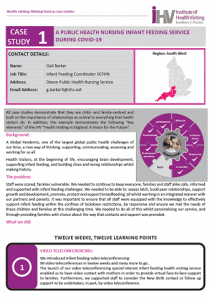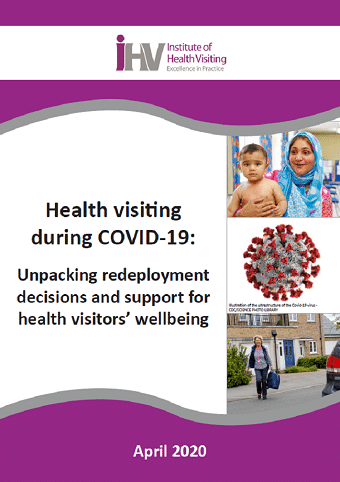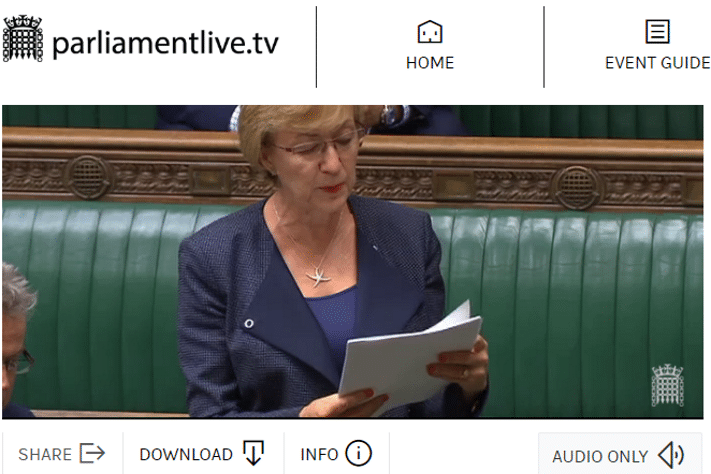Update 5 October: the call for applications is now closed as we progress towards delivery of the sessions. We have received high interest from organisations across the country. There will be a further call for interest to participate in Phase 2 (to be delivered Jan – March 2021) at the end of November 2020.
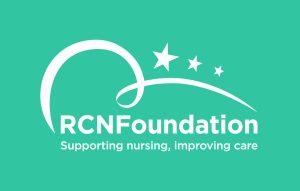
We are thrilled to share that RCN Foundation has awarded funding to enable us to develop and deliver a programme of brand-new virtual support sessions to health visiting staff.
Our emotional wellbeing at work support sessions are for small groups of health visitors (HVs) and HV staff working in the community.
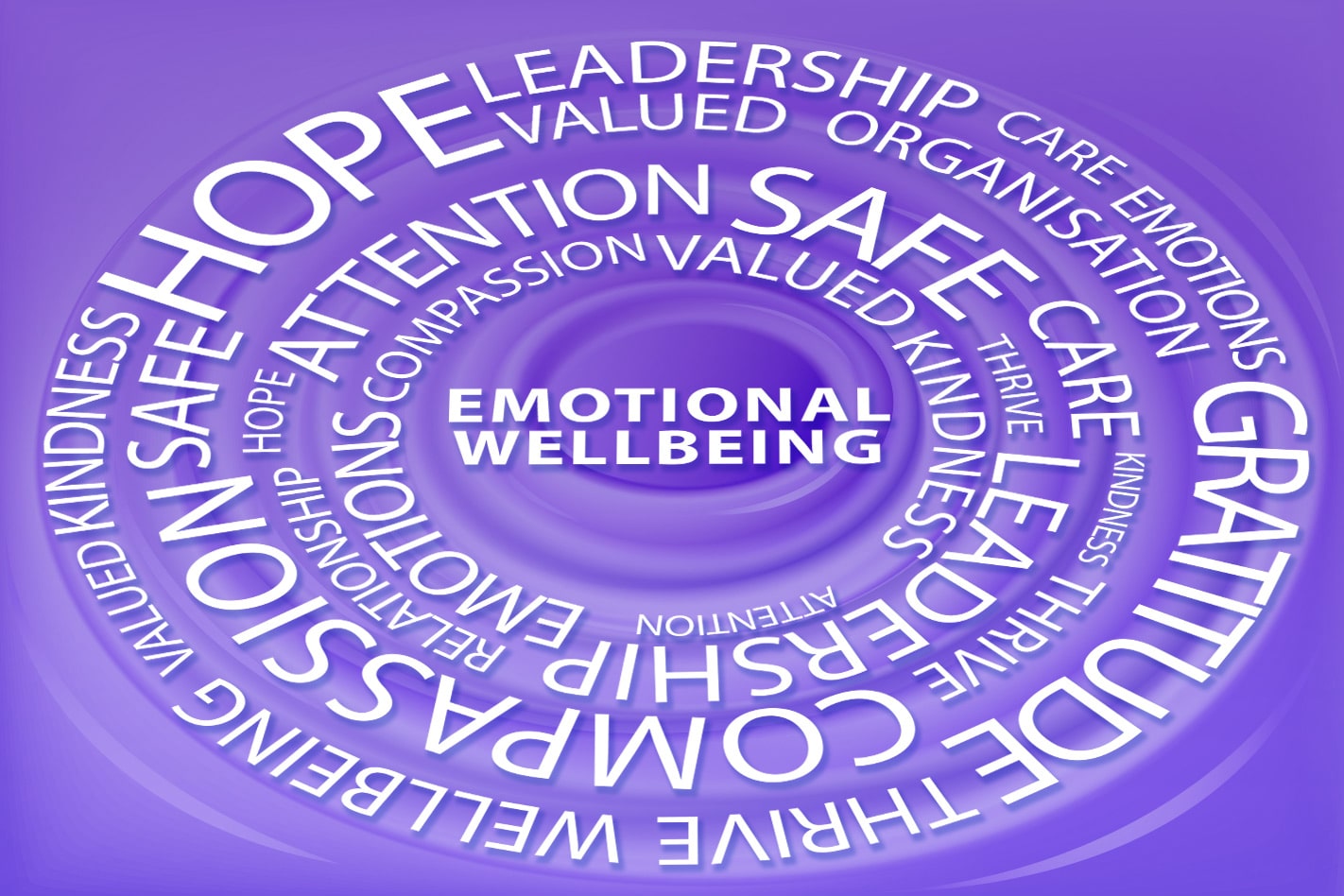
Recent research has highlighted the impact of COVID-19 on the wellbeing and mental health of health visiting staff:
- 68% of respondents reported stress levels at work have increased over the past year
- Of these 37% reported they would leave their posts if they could
“The impact of working during the COVID-19 pandemic on staff wellbeing cannot be underestimated – a proactive plan is needed to ensure staff have the right support during the restoration of services and to create high quality workplaces for all staff in the future”.
Conti & Dow, Sept 2020 – The impacts of COVID-19 on Health Visiting in England
“Health and wellbeing of (health visitors) are essential to the quality of care they can provide for people and communities, affecting their compassion, professionalism and effectiveness”.
The Kings Fund, Sept 2020 – The Courage of Compassion: Supporting nurses and midwives to deliver high quality care
Who are the support sessions for?
We invite applications for places from health visiting services from across the UK nations, on behalf of their practitioners, who will be representative of the whole health visiting workforce regardless of grade or rank, gender/sex, race/ethnicity etc. Ours is an inclusive approach with an aim to acknowledge and meet everyone’s individual needs, using a sensitive approach to ensure the sessions are accessible to all.
What is the aim of the support sessions?
The overarching aim is to create a bespoke programme co-produced with health visiting teams to meet the needs for emotional wellbeing of the workforce at this current time – through provision of:
- A safe forum for practitioners to acknowledge and reflect confidentially on pressures created by the ongoing pandemic and to explore any impact on emotional wellbeing at work
- Protected time for practitioners to explore new approaches to promote reflection on practice and to develop skills in sharing thoughts and feelings via innovative virtual group formats
- Space for practitioners to consider a range of innovative strategies that may be helpful in promoting emotional wellbeing at work
- The opportunity for practitioners to devise and review their own personal action plans to support their emotional wellbeing at work
What is included in the support sessions?
The support sessions are a series of 6 innovative workshop-based interactive discussion group sessions. The content of the workshops and discussions will be person-centred and participant-driven but may include:
- appreciative enquiry strengths-based discussions
- solution-focused coaching methods
- emotional containment or restorative supervision styles (e.g. Wallbank, 2016)
- the use of mentalising stances (e.g. Fonaghy et al)
- the sharing of emotional wellbeing strategies (e.g King, 2016)
Note:
- The virtual emotional wellbeing at work sessions provided by the iHV do not replace an organisation’s responsibility for the provision of safeguarding and managerial supervision.
- The sessions are underpinned by robust governance processes with protocols in place for managing confidentiality, with an escalation process to flag concerns and enable further discussion outside the group should this be required.
What is the commitment to the support sessions?
We are looking for organisations wishing to offer the opportunity to 5 practitioners who will attend an online programme of 6 x 2-hour emotional wellbeing workshop sessions on a Wednesday or Thursday.
Participants must be willing to commit to attending all sessions and be supported by their managers to prioritise their attendance. They need a private space and access to the Zoom platform.
Each workshop will be delivered virtually by iHV expert facilitators to a small group of up to 10 total participants, providing the opportunity for high quality sharing and learning with and from each other.
Participants will share useful strategies learned with their colleagues and provide feedback to shape future sessions and support evaluation of the programme.
Sessions:
- Wednesdays – am or pm
- Thursdays – am
Starting week commencing 19th October 2020 – time of session to be confirmed on approval of participation
Length of programme: A total of 6 support sessions will be provided to each participant – October 2020 – January 2021
Location: Zoom platform (secure password-enabled sessions sent directly to participants)
Cost:
- We can offer this opportunity free of charge to organisations wishing to take advantage of this programme due to the grant funding kindly provided to iHV by RCN Foundation.
- Please note that delivering these sessions is not without cost and we do ask for participants able to commit to attending their place/sessions offered for this limited opportunity.
Calls for expressions of interest in your organisation participating are now closed.
Update 5 October: the call for applications is now closed as we progress towards delivery of the sessions. We have received high interest from organisations across the country. There will be a further call for interest to participate in Phase 2 (to be delivered Jan – March 2021) at the end of November 2020.








